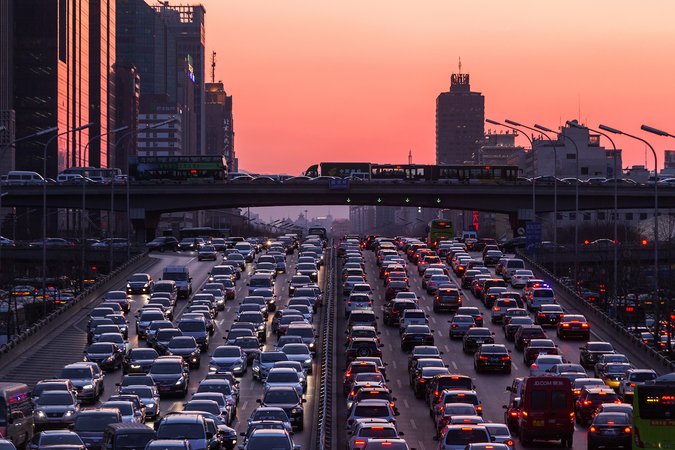Comparing the Efficiency of Alternative Policies for Reducing Traffic Congestion
DownloadThis paper compares the efficiency of a single lane toll, a congestion tax applied uniformly across freeway lanes, a gasoline tax, and a transit fare subsidy at reducing traffic congestion. The model incorporates a variety of conditions required to reach an efficient outcome. These include conditions for the efficient allocation of travel among competing modes, travel at peak versus off-peak periods, and drivers with high and low time costs sorted onto faster and slower freeway lanes.Each policy violates some or all of the efficiency conditions. Under wide parameter scenarios, the single lane toll, gasoline tax, and transit subsidy forgo at least two thirds of the efficiency gains under an “ideal” congestion tax that varies across lanes. In contrast, the uniform congestion tax can achieve more than 90 percent of the efficiency gains, despite failing to separate out drivers with high and low time costs onto different freeway lanes.
Authors

Ian Parry


